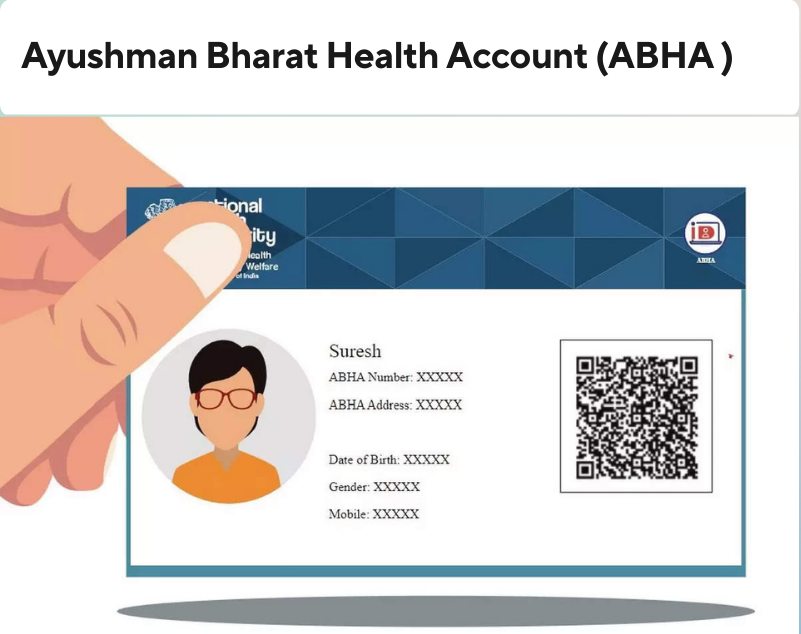All You Need to Know About ABHA

The pandemic put all of our lives on hold. Furthermore, a significant percentage of the country’s population struggled to get adequate healthcare for themselves and their family members. And the same is somewhat true today, thus demanding a revolution in how the Indian healthcare system operates.
Until now, the Indian healthcare system has been paper-based. Patients and their families needed to keep their medical documents in proper shape and form to access healthcare services. Not just that, they were also required to keep these documents safe for future use.
However, with the introduction of ABHA, things are slowly starting to change. In this blog, we will dive deep into ABHA and explore all you need to know about it.
What is ABHA?
ABHA stands for Ayushman Bharat Health Account. It is a program that the Indian government launched as part of the Ayushman Bharat Digital Health Mission (ABDM).
Put simply, ABHA acts as a 14-digit unique identification number that allows you to store all your medical information in one place. The ABHA can also be understood as the national health ID.
Besides being a unique identification number, ABHA includes a Personal Health Record, just like an email address. You use it to log in to the Health Information Exchange and consent manager.
Additionally, it includes an app called the Personal Health Record app. Also known as the “health locker,” this is where all your medical records are received, stored, and shared with healthcare providers. However, to use this app and make your records accessible, you must have an ABHA ID.
What are the Benefits of Having an ABHA Card?
Here are some notable benefits of having an ABHA health ID card –
- Your medical records, including test results, diagnoses, and prescribed medications, are readily available anytime.
- You can readily disclose your medical history to other healthcare providers, such as hospitals and clinics, so you can get treatment when you move without wasting time gathering documents.
- The ID is accepted at Ayurvedic, Yoga, Naturopathic, Unani, Siddha, and Homoeopathic clinics.
- You can search through a complete directory of Indian medical professionals available in the Healthcare Professional Registry (HPR) to find suitable and certified doctors.
- Access to India’s Health Facility Registry (HFR), a database with every public and private hospital in the country listed.
How Is It Different from Ayushman Bharat Card?
Most individuals often get confused between the Ayushman Bharat Card and the ABHA Health ID. While the ABHA ID allows you to store your medical records digitally, the Ayushman Bharat Card aims to provide cashless healthcare.
Unlike ABHA, which is open to all citizens and a voluntary choice, the Ayushman Bharat Card is only accessible to individuals from low-income groups and is mandatory.
Wrapping Up
ABHA is a novel and strong move by the Indian government towards digitizing the healthcare system in India to make it more efficient, flexible, and accessible. The application is free and requires minimal documentation. And the best part? All your medical information is in one place, accessible to all important stakeholders who play an integral part in your health and well-being.
And if you are worried about your privacy, you will be happy to know you have full control over sharing your records!

Pranab Bhandari is an Editor of the Financial Blog “Financebuzz”. Apart from writing informative financial articles for his blog, he is a regular contributor to many national and international publications namely Tweak Your Biz, Growth Rocks ETC.






